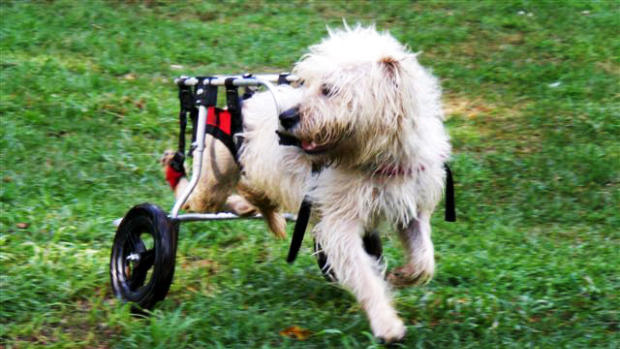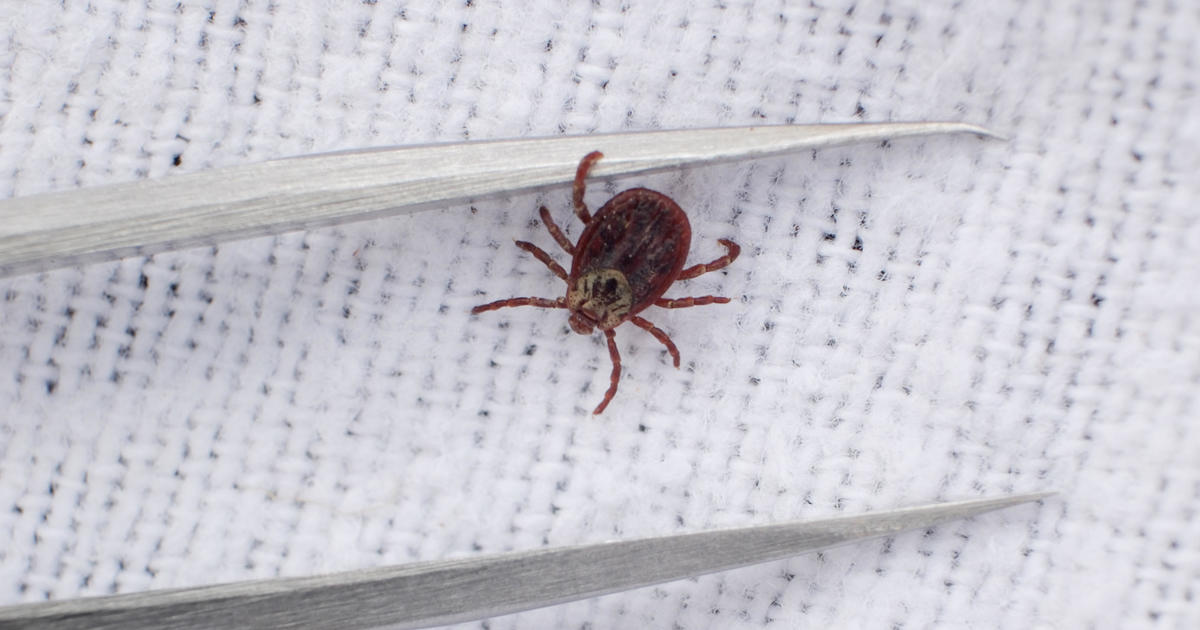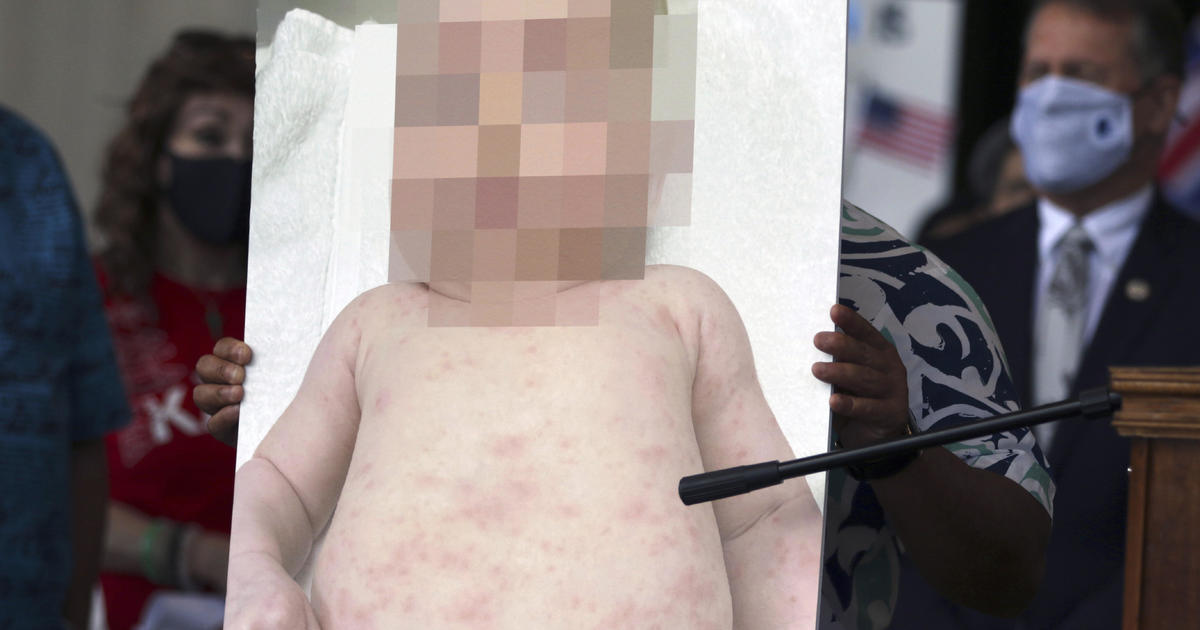Hundreds sickened by salmonella from pet chickens and ducks
More than 600 people have gotten sick so far this year in outbreaks of salmonella traced to pet chickens or ducks kept in backyard flocks. And health officials are warning that as tempting as it might be to nuzzle up to a fluffy chick, owners of poultry pets should rein in the affection to protect themselves from illness.
Forty-five states have reported outbreaks of salmonella linked to live poultry in backyard flocks this year, the CDC said this week. A total of 611 people have been infected, including 138 who had to be hospitalized. One patient died, although salmonella was not considered the main cause of death.
The CDC said this is the largest number of illnesses linked to live poultry on record; there were about 180 such cases in the first six months of last year.
The outbreaks -- eight since January of this year -- have affected people of all ages. One-third of infections have been in children under 5 years old.
All live poultry can carry salmonella bacteria, even if they look healthy and clean, health officials warned. People can be infected by coming in contact with bird droppings. But there are steps you can take to avoid illness:
- Don't kiss chickens and ducks or bring them close to the face.
- Always wash hands well with soap and water after handling feathered pets, and keep hands away from the face.
- Don't let live poultry inside the house.
- Don't let kids under 5 handle or touch chicks, ducklings, or other live poultry without adult supervision.
Internist Dr. Len Horovitz, an attending physician at Lenox Hill Hospital in New York City, said symptoms of salmonella infection include nausea and vomiting.
"You may or may not have blood in the stool. Fevers, chills, abdominal pain," he said.
Antibiotics are used to treat patients, but those with more severe symptoms may require hospitalization for intravenous medication.
"It doesn't go away by itself. Once salmonella gets in the body, it can go from the gastrointestinal tract if it's untreated into the bloodstream and become fatal," Horovitz said.
Bird owners who fell ill in the most recent outbreaks said they purchased live baby poultry from a variety of locations -- feed supply stores, websites, hatcheries and friends. Contact with the birds occurred in a variety of places including the owner's homes, someone else's home, at work and in schools.
"Children don't have to own pets to get it," Horovitz said, advising parents to think twice about offering to take home the classroom pet duck for the weekend or vacation.
Dr. Sherrill Davison, director of the Laboratory of Avian Medicine and Pathology at the University of Pennsylvania School of Veterinary Medicine, told CBS News that people should only buy baby chicks and ducks from reputable sources.
"The USDA and CDC have programs in place for hatcheries and for the feed stores that sell the baby chicks or ducklings to reduce the incidence of salmonella," said Davison.
Just how many small poultry flocks there are throughout the U.S. is unknown, she said, but there's been lots of interest in recent years in keeping poultry as pets -- including "layers" that produce fresh eggs for their owners. Pet flocks can now be found in cities and suburbs all over the country, not just rural areas. But issues with salmonella may crop up when people don't care for their chickens and ducks properly.
Like other family pets, chickens and ducks need fresh water and food, clean living areas, good ventilation, and protection from predators, Davison said. Cage cleaning and keeping separate clothes and shoes used solely for handling and caring for poultry will reduce the risk of infection.
Davison said that the birds can carry salmonella in their intestines but may not show any symptoms, so avoid eating eggs that have any fecal matter on the shells or eggs that had cracks because they may have become contaminated.
"When you're in the coop area, it is essential whether it's a young person or adult, to wash your hands. The key also is not having birds in your house, especially near food preparation areas. I really do advise against that," said Davison.
If you buy new birds, she said, wait at least three weeks before adding them to your existing flock. Keep wild birds -- which can carry salmonella and other diseases that can infect poultry -- at a distance by not hanging wild bird feeders nearby.
And just like dogs and cats, pet chicks and ducks should have a veterinarian, too, Davison said.
"Sometimes the information on the internet isn't correct and sometimes it can hurt the bird and is damaging to welfare of the bird. Call someone to help you," she said.
"You can talk with universities in your state that have veterinary schools, and also talk with your state's department of agriculture to people who can help with advice for backyard flocks," Davison said.




